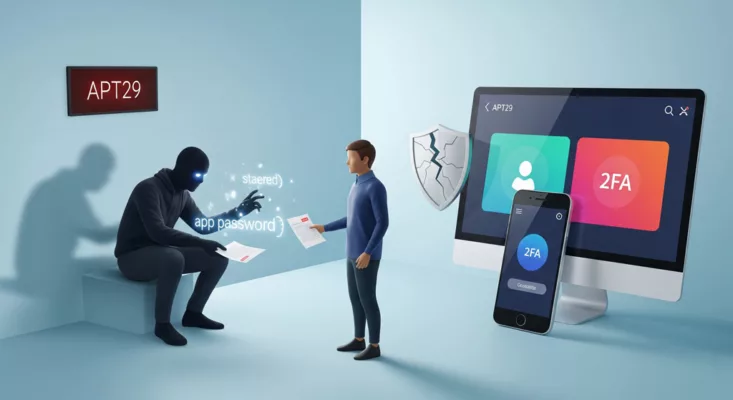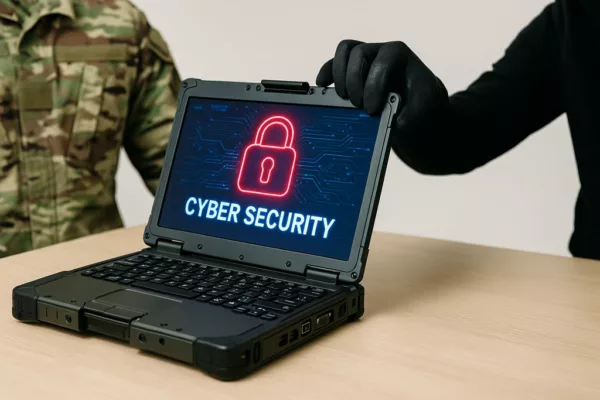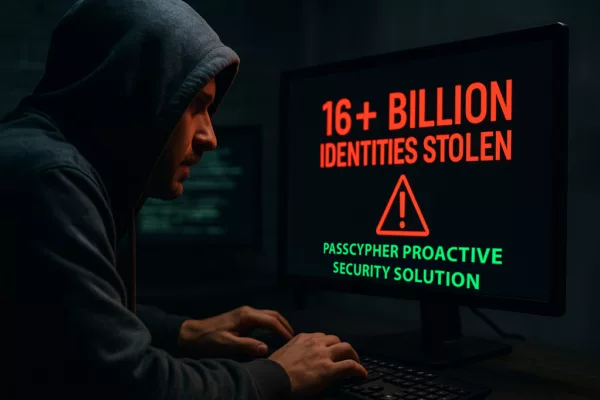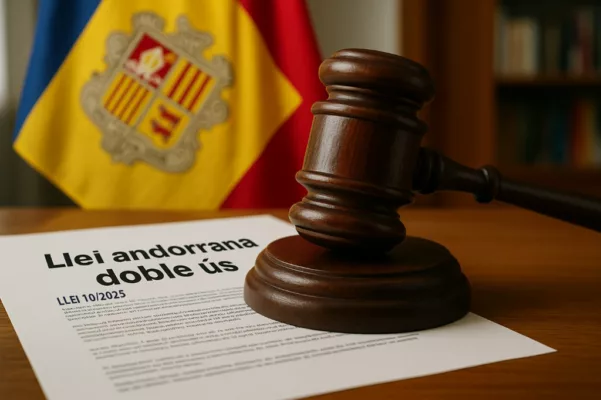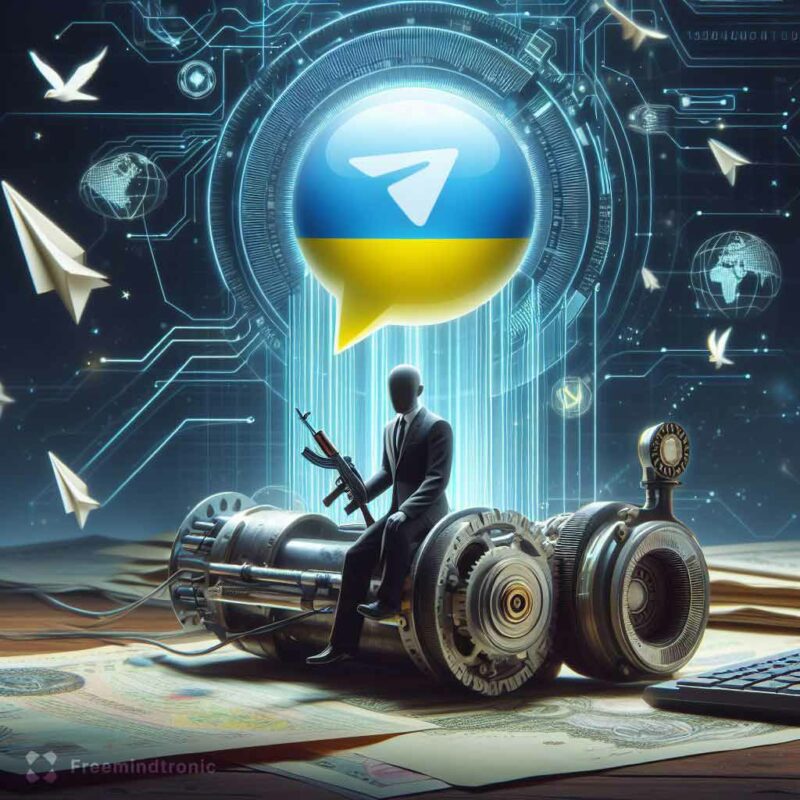How Telegram Influences the Conflict between Russia and Ukraine Telegram and the information war in Ukraine are closely related. Telegram is a messaging app that offers users a secure and confidential way to communicate, thanks to its end-to-end encryption system. It has a large user base around the world, especially in Eastern Europe, where it […]
Stay informed!
Join our community of technology enthusiasts! Subscribe to our newsletter and receive exclusive updates on the latest news, special offers, and tips from Freemindtronic. Stay informed on the latest technology trends, discover new products, and be among the first to take advantage of them. Sign up now by entering your email address below. Don't miss any updates from Freemindtronic!

